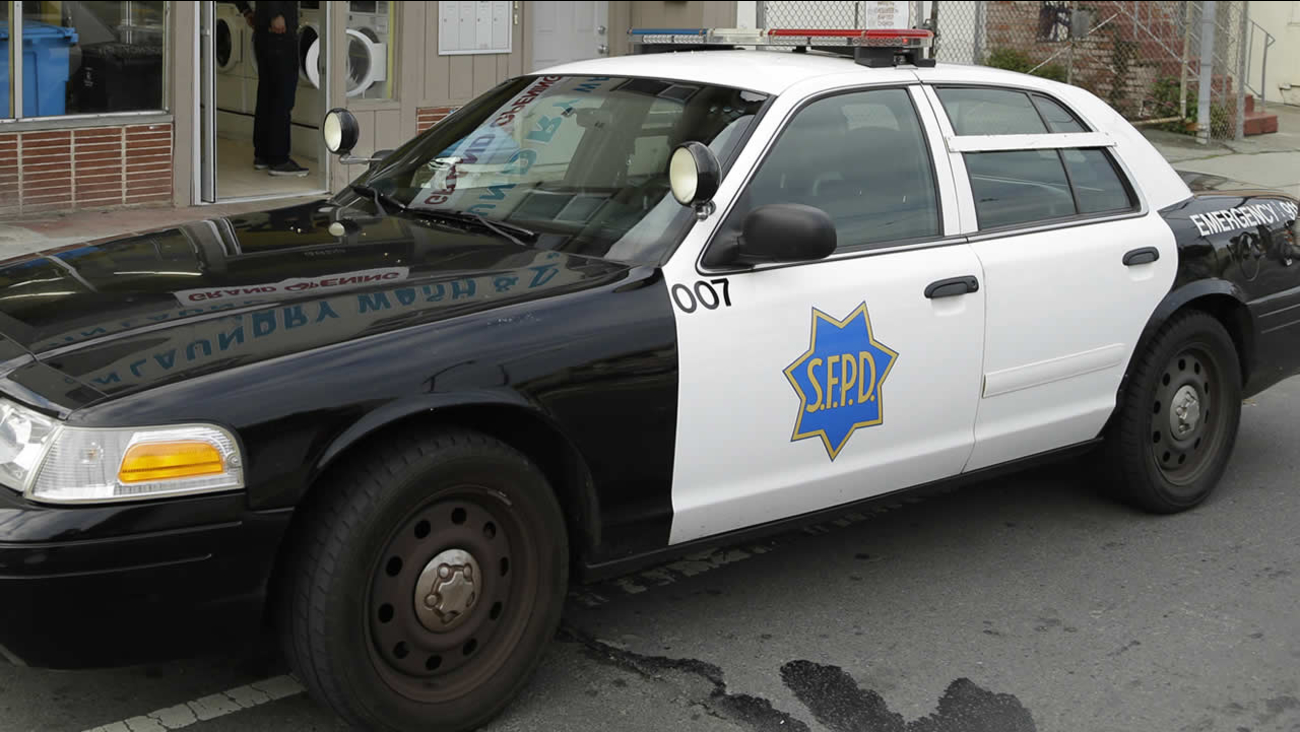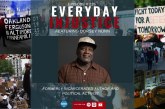

By Elina Lingappa
SAN FRANCISCO, CA – On Thursday, San Francisco Police Department (SFPD) announced over Twitter the launch of a new Tenderloin Community Liaison Unit in response to the recent hate crimes directed toward the Asian Pacific Islander (API) community.
SFPD’s Community Liaison Unit (CLU) was created in October 2020 within the preexisting Community Engagement Division. The unit, which operates on a neighborhood-to-neighborhood basis, is designed to address hate crimes and create stronger relationships between the police and community.
The units are responsible for responding to hate crimes, violent crimes, officer-involved shootings, and other incidents, according to the SFPD website. They work alongside community members and organizations to address these incidents, identify community problems, and create realistic solutions.
“We want to make sure that anyone who is a victim of a hate crime or any other crime motivated by prejudice knows that their City and their Police Department is there to help them.” Mayor London Breed said during the CLU rollout, “This new unit will give the community a place to turn to when they need assistance, and where they know they’ll be treated with dignity and respect.”
However, police presence often runs contradictory to community wants, a dilemma the Tenderloin CLU will have to take into account.
For instance, the San Francisco Bike Coalition has been a vocal advocate of eliminating traffic enforcement officers from the Tenderloin.
According to their website, the Tenderloin is one of the most diverse neighborhoods in San Francisco, with over 70% of residents identifying as nonwhite, and, additionally, many do not speak English.
The Tenderloin is also one of SF’s poorest neighborhoods, with the average household income falling at $31,000—less than half of the city’s average.
The Bike Coalition pointed to a long history of police violence against this and other low-income communities of color as a reason to cut down on police presence, specifically that of traffic enforcement.
Additionally, the SF Examiner covered another Tenderloin community issue from this summer—houseless residents do not feel protected by the police.
The Tenderloin is home to a large houseless population, which faced a city-led “cleanup” effort earlier last year.
“This has been the primary response to homelessness in San Francisco: a police response,” Jennifer Friedenbach, executive director of the Coalition on Homelessness, said in response to the cleanup.
“Over 50,000 times a year police are sent to take care of psychiatric crises, people who are without housing. They’re not criminals. They’re simply homeless. This is not right. We need to turn this whole situation around.”
However noble the city’s intentions may be, any sort of police-led solution is not viable in the eyes of many community organizers.
The Tenderloin Community Liaison Unit will be run by Commander Fond and Captain Canning of SFPD, where they will be partnering with community organizations, businesses, and the API community.
The unit will work to better serve community members in the face of rising hate crimes, and it will hopefully address the controversial history of police presence in the tenderloin.
 Elina Lingappa is a sophomore at the University of San Francisco double majoring in Sociology and Politics. She is originally from Seattle, Washington, and she is deeply passionate about the spheres of criminal justice and education equity.
Elina Lingappa is a sophomore at the University of San Francisco double majoring in Sociology and Politics. She is originally from Seattle, Washington, and she is deeply passionate about the spheres of criminal justice and education equity.
To sign up for our new newsletter – Everyday Injustice – https://tinyurl.com/yyultcf9
Support our work – to become a sustaining at $5 – $10- $25 per month hit the link:





I used to be a dues-paying member of the San Francisco Bike Coalition. Don’t get me wrong, they’ve done some fantastic things vastly improving bike travel in the City and improving safety. But they took some really odd stances on political/bike issues that rubbed my the wrong way and I had to write them a letter and quit. I still use and appreciate the infrastructure they have helped build, so this was no easy decision.
I don’t know what this means, like how this works on an on-the-ground basis, and no examples were given.